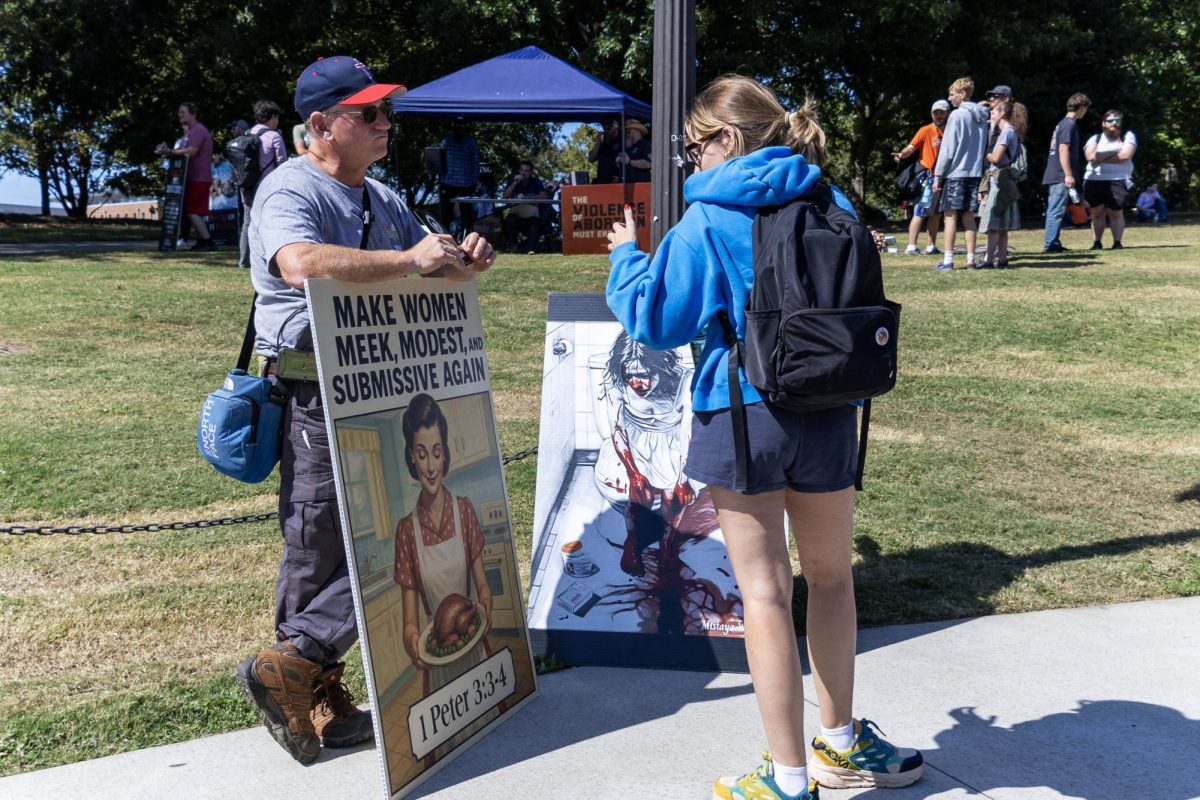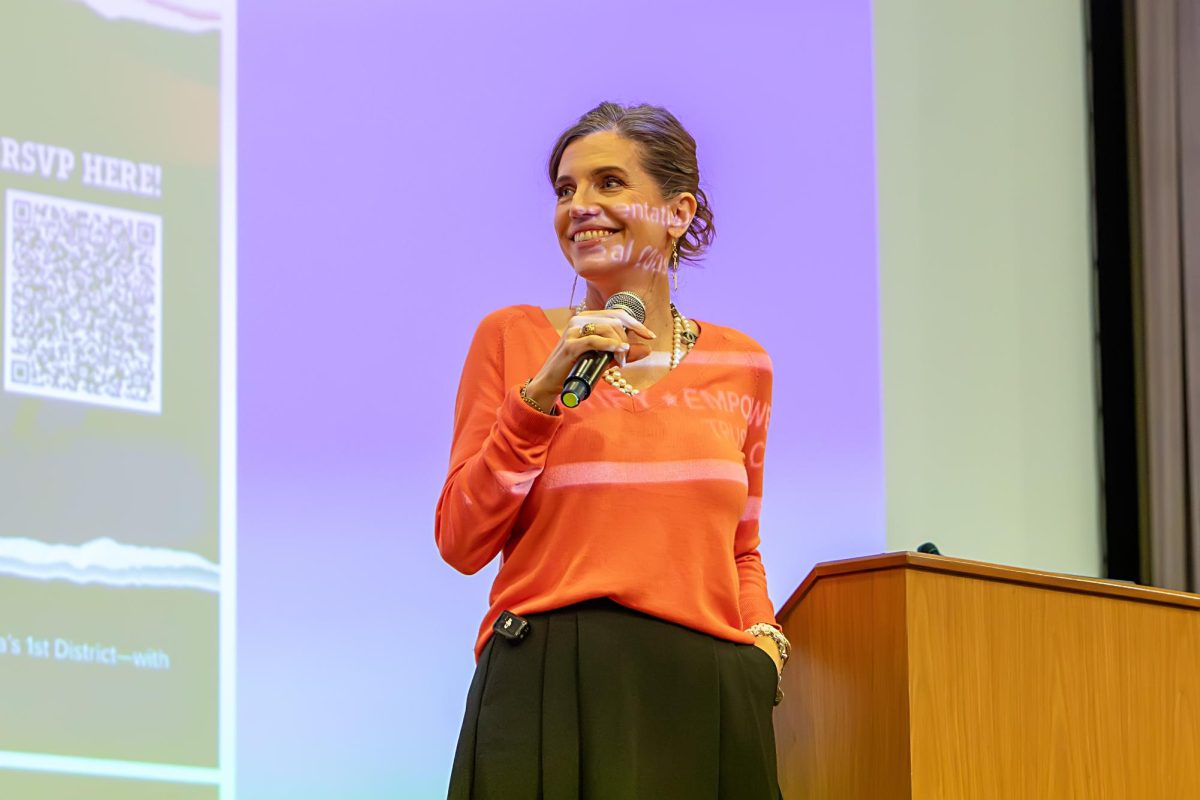This article was written by a student of ENGL 2310: Introduction to Journalism, which is taught by Mike Pulley.
While everyone’s first semester back at Clemson University was impacted by COVID-19, STEM students and professors in particular are struggling to overcome the loss of traditional, in-person instruction.
Unlike other academic disciplines, science, technology, engineering and math majors require a hands-on component that can’t be mimicked in a digital classroom setting. Several STEM students said they are finding the switch to online teaching difficult.
“When we can’t be hands-on, it’s hard to explain over a laptop what you are supposed to be touching or feeling for,” said Lauren Krechel, a junior nursing major, speaking about one of her labs. “Plus, without the in-person lectures it’s hard to organize the classes and know what is expected of us.”
Even for students participating in hybrid or non-mandatory, in-person classes, the new COVID-19 guidelines have placed a strain on learning as well as proved difficult to follow. Senior environmental natural resources major Jana Uy said that it’s been hard to stay six feet apart from other students during class.
“For in person classes, everyone must wear a mask and keep distance when possible, but it’s not always possible,” she said, citing the close-contact nature of her in-person lab.
STEM students are not the only ones facing challenges this semester. Professors of STEM courses are also struggling to reform classes in order to keep students and themselves safe. One issue professors encountered included technical difficulties and malfunctions with online tools.
“The biggest challenge I have had is in accessing the technology required to permit online delivery,” said John Cummings, a senior lecturer in the Department of Biological Sciences. “I live in an area that has very poor internet. My upload speeds are 0.2 Mbps. Combine my difficulties getting materials to campus with periodic interruptions on the delivery side from campus, and it can get quite frustrating.”
“I don’t think this is STEM-specific, but the transition to online could have been much smoother,” said Richard S. Miller, associate professor from the Department of Mechanical Engineering. “I show up to class and an HDMI cable is missing, so I can’t teach. Or I can’t sync my iPad to the lectern PC because I don’t have administrator rights.”
Even with all of the technological problems, STEM professors and students admitted that there were some benefits to switching. Miller commented that students seemed to enjoy having their lectures recorded, so they can re-watch and catch missed information.
Discussing some of the positives of online learning, Krechel, the junior nursing major, mentioned she doesn’t miss going to the university every day. “The best part is not having to park on campus,” she said.
Although several students and professors have found it difficult to adjust to these new safety measures around the university, they acknowledged that Clemson officials put these guidelines into place for the safety of everyone on campus.









